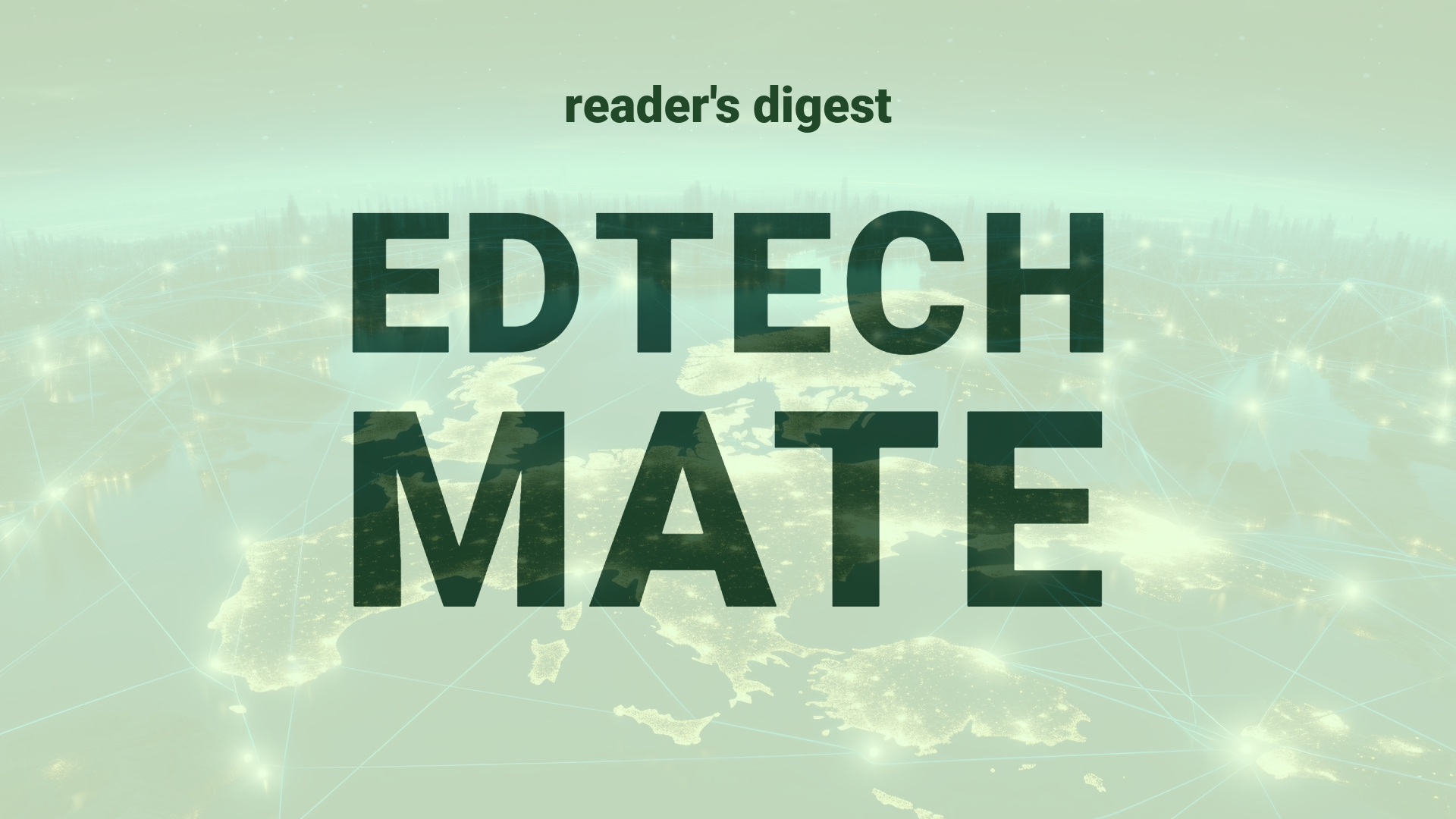“`html
Executive Summary and Main Points
The integration of technology into business operations is increasingly becoming a differentiator between top-performing companies and the rest. Notable trends show a divide where some businesses utilize technology as a competitive edge, gaining operational efficiencies, employee satisfaction, revenue growth, and shareholder returns. The industrial sector, however, lags in adopting a product- and platform-centric approach. Nevertheless, a shift toward digital, agile organizational models is on the rise, with technology being a pivotal force in enhancing customer experience, decision-making, and efficiency.
Potential Impact in the Education Sector
Higher Education and Further Education institutions poised to adopt similar tech-centric operating models could witness transformational impacts. With more agile and responsive IT strategies, universities can enhance student services, streamline administration, and ignite new research initiatives. Micro-credentials could also benefit from a platform approach that aligns with industrial standards, fostering innovation in learning experiences while optimizing resource allocation. Strategic partnerships with technology providers could tap into digitalization benefits, offering institutions a more effective competitive edge.
Potential Applicability in the Education Sector
By embracing product and platform models, educational institutions can potentially harness AI and digital tools to create personalized learning platforms, optimize operations, and boost research capabilities. Global education systems stand to benefit from enhanced data analytics for tailored student engagement strategies, efficient administrative platforms, and an integrated approach for delivering micro-credentials, ensuring alignment with market needs and employability outcomes.
Criticism and Potential Shortfalls
The shift to a tech-centric model in the industrial sector offers insights into potential drawbacks for the education sector. Challenges may include the risk of exacerbating digital divides, overlooking the nuanced needs of diverse student populations, and potential ethical issues related to data governance. International case studies from varying higher education systems can provide a lens for evaluating and mitigating these risks within ethical and cultural frameworks.
Actionable Recommendations
To successfully integrate technology within higher education, leadership should consider establishing cross-functional IT and education teams, aligning digital transformations with educational goals, and investing in top talent acquisition. Additionally, they might explore AI-enhanced curriculum development and robust data analytics tools. Educational leaders should also proactively address digital divides and uphold ethical standards concerning student data, while vigilantly reviewing and adapting to international best practices.
“`
Source article: https://www.mckinsey.com/industries/industrials-and-electronics/our-insights/taking-industrial-sector-tech-from-cost-center-to-competitive-edge

